Journey to the heart
Born in Vietnam, Pham Hong Linh studied at Brown University (USA), completed her Master's degree in the UK, and is studying Design Engineering at Harvard University (USA).
On March 28, she won first prize in the HBS New Venture Competition in the social entrepreneurship category. According to information on the official website, in the 25 years of the competition, Linh is the first Vietnamese student to become the champion, receiving a prize worth 75,000 USD (more than 1.9 billion VND).
She has participated in many large technology projects, but Lexi - an AI medical translation software - is the project that touches the hearts of many people, because of its own journey connected to her hometown and community.
Pham Hong Linh (middle) won First Prize at the Harvard Business School 2025 Startup Competition with medical translation software Lexi in April 2025 (Photo: NVCC).
"This is AI medical translation software that helps doctors and patients communicate effectively in medical examination and treatment.
The software helps doctors and patients overcome language barriers in medical examination and treatment, especially for immigrants," Linh shared.
The work of Linh and Syddharth UR (India) continues to resonate when winning the gold prize at the iF Design Award 2025 - one of the most prestigious design awards in the world, alongside names such as Apple, Samsung, LG, IBM and Ferrari. The award ceremony will take place in Berlin (Germany) on April 28.
Previously, Linh also made a mark in the design community with the software "Weaving sedge" - inspired by the sedge weaving village of Quang Nam, aiming to preserve Vietnamese culture through technology.
On April 5, Vietnamese female student Pham Hong Linh continued to win first prize at the Female Founder Circle presentation competition, awarded by the Women in Entrepreneurship organization at Harvard.
Perseverance nourishes the journey
Linh shared that Lexi started with a class project at Harvard. The group was full of immigrants, interested in the lives of those who left their homeland to start over in America. At the question "What hurts immigrant parents the most?" - the whole class was silent. Then a voice rang out: "Language".
From concerns about language barriers - especially in healthcare - Linh and her colleagues started working on Lexi.
Linh and his colleagues surveyed more than 20 medical facilities in Massachusetts (USA). They witnessed countless life-and-death situations where not understanding the language prevented doctors from making an accurate diagnosis. Conventional translation software was dangerously inaccurate.
Many times Linh was tired and wanted to give up, but she tried hard to continue the journey (Photo: NVCC).
It wasn’t easy, Linh said, as she contacted more than 60 health systems but many didn’t respond. “Because we were students, many people thought this was just a class assignment, not something we could pursue seriously.
Sometimes I feel tired and think I might give up because changes in healthcare are difficult, but with effort, my colleagues and I continue the journey," Linh shared.
Linh's response was not one of complaint, but of persistence. "We kept in touch for months. When they saw that the team wasn't giving up, they started listening. The most important thing was finding people who believed in the mission and helped connect us to the rest of the system," she recalls.
Lexi was born to fill that gap. Using AI technology specialized for medical contexts, Lexi was built to accurately understand symptoms, treatment procedures, and medical-specific language.
Leaving Vietnam for 15 years, most of Linh's projects still have the sound of her homeland (Photo: NVCC).
In 2-3 months, the team programmed the first version, supporting 6 popular languages: Spanish, Portuguese, Vietnamese, Chinese, French and Russian - with thousands of medical terms regularly updated from doctors' feedback.
The software can help doctors ask about symptoms, give instructions on medication, and explain treatment steps; and help patients clarify symptoms, share feelings, and treatment wishes.
"In emergency situations where there is no interpreter available, Lexi could really be a valuable tool," said Lee Kaplan, director of the University of Miami Sports Medicine Institute, after testing early versions of Lexi.
Sharing that even though she has been away from Vietnam for 15 years, most of Linh's projects still have the sound of her homeland, Linh said that she has never left her roots. "My family is still in Vietnam, and I am always proud to be Vietnamese - because of the culture, humanity, and caring for each other," Linh confided.
She affirmed: "Even though I'm working and living in America, I don't want to lose that. I have today thanks to the support of many people - and now, I want to contribute to supporting others."
Source: https://dantri.com.vn/giao-duc/co-gai-viet-xinh-dep-gianh-giai-nhat-cuoc-thi-lich-su-25-nam-cua-dh-harvard-20250411121745664.htm


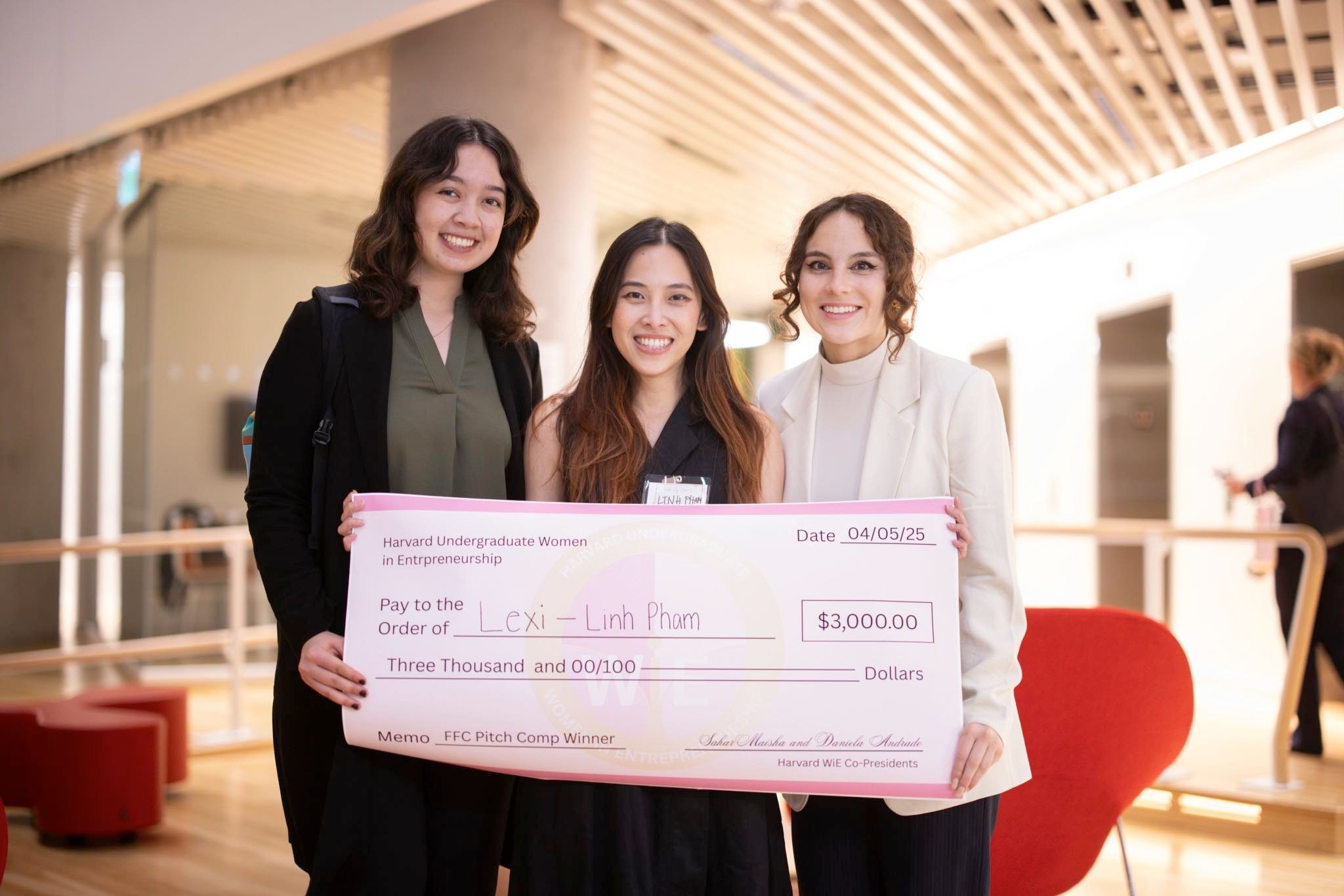
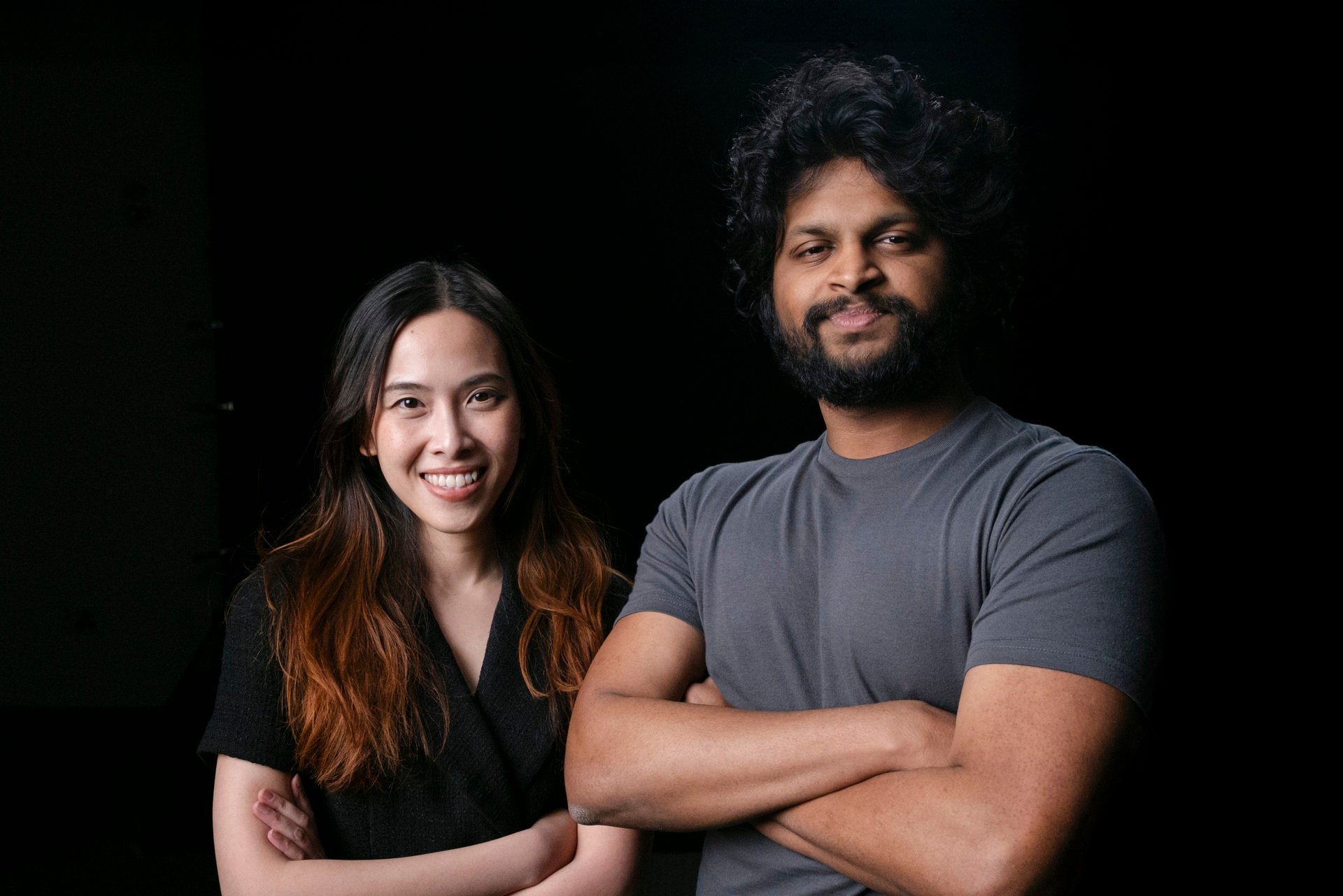
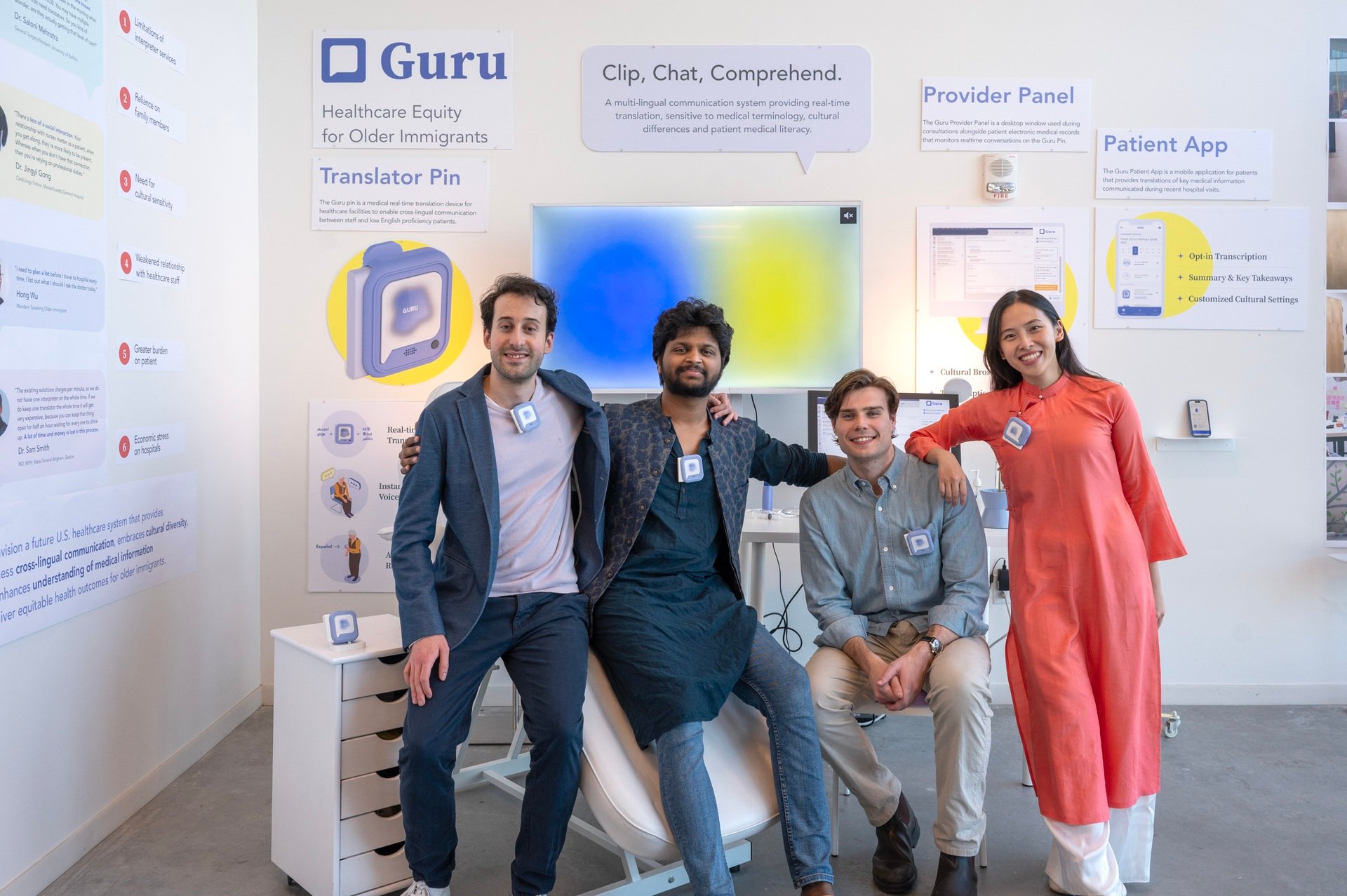
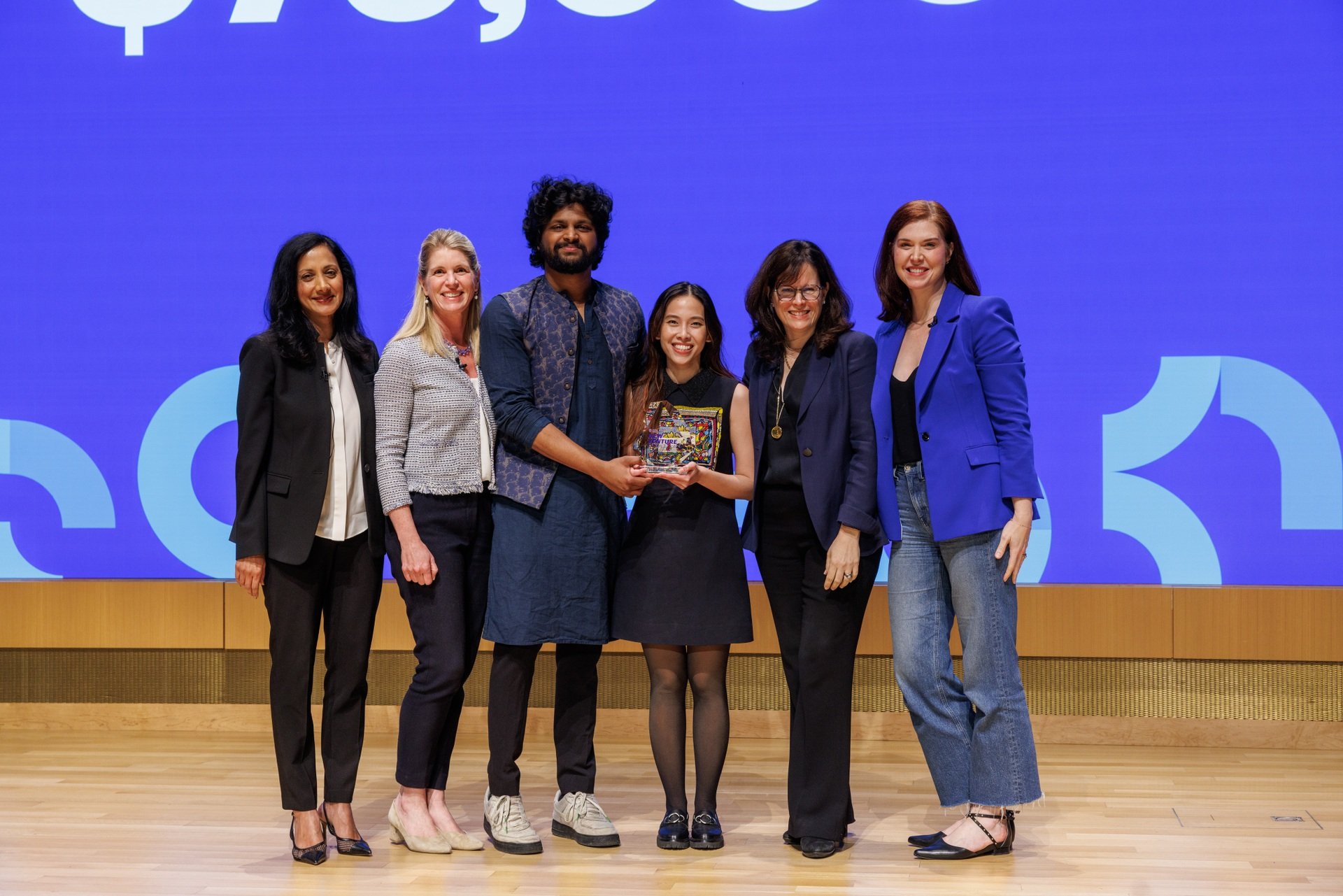
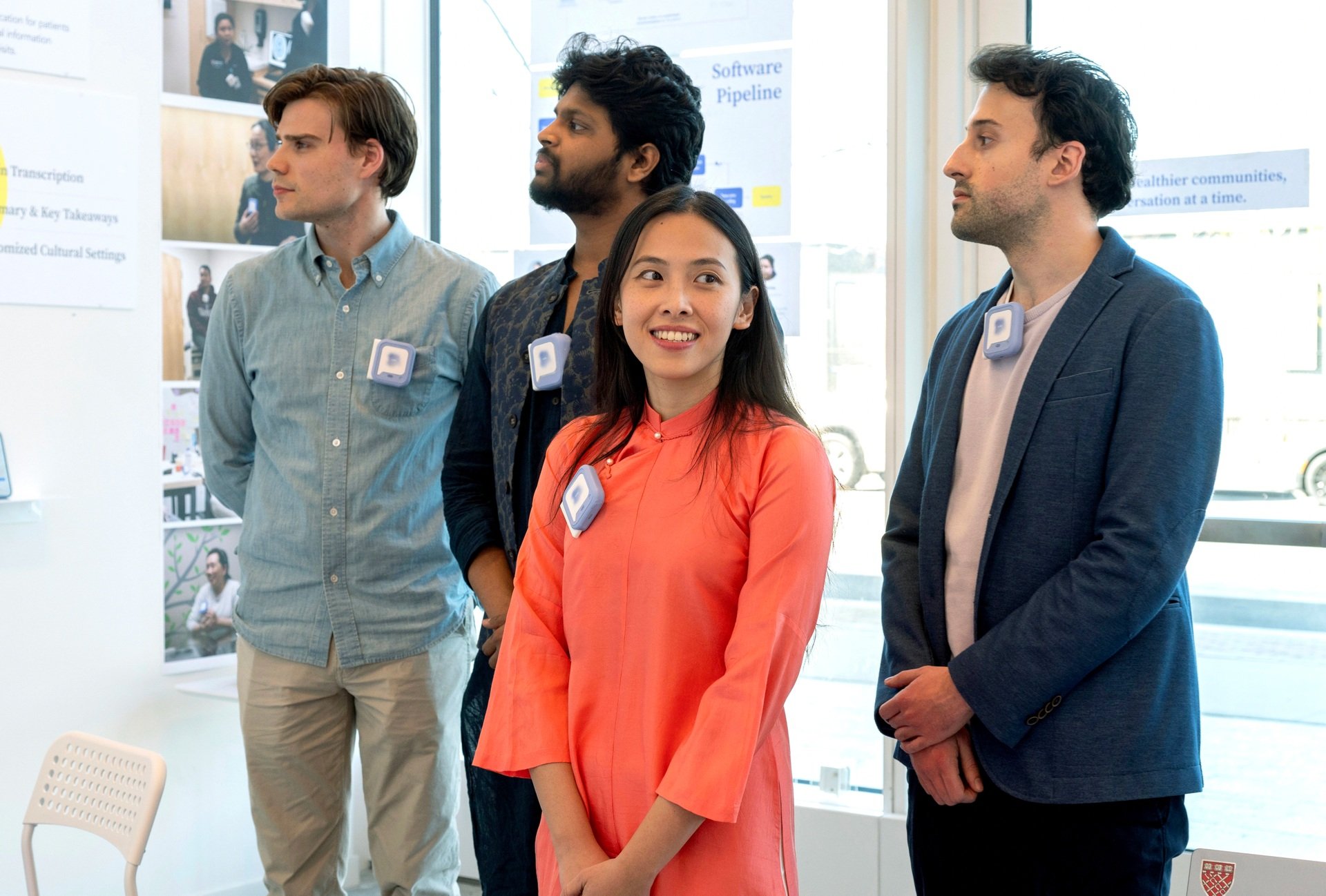

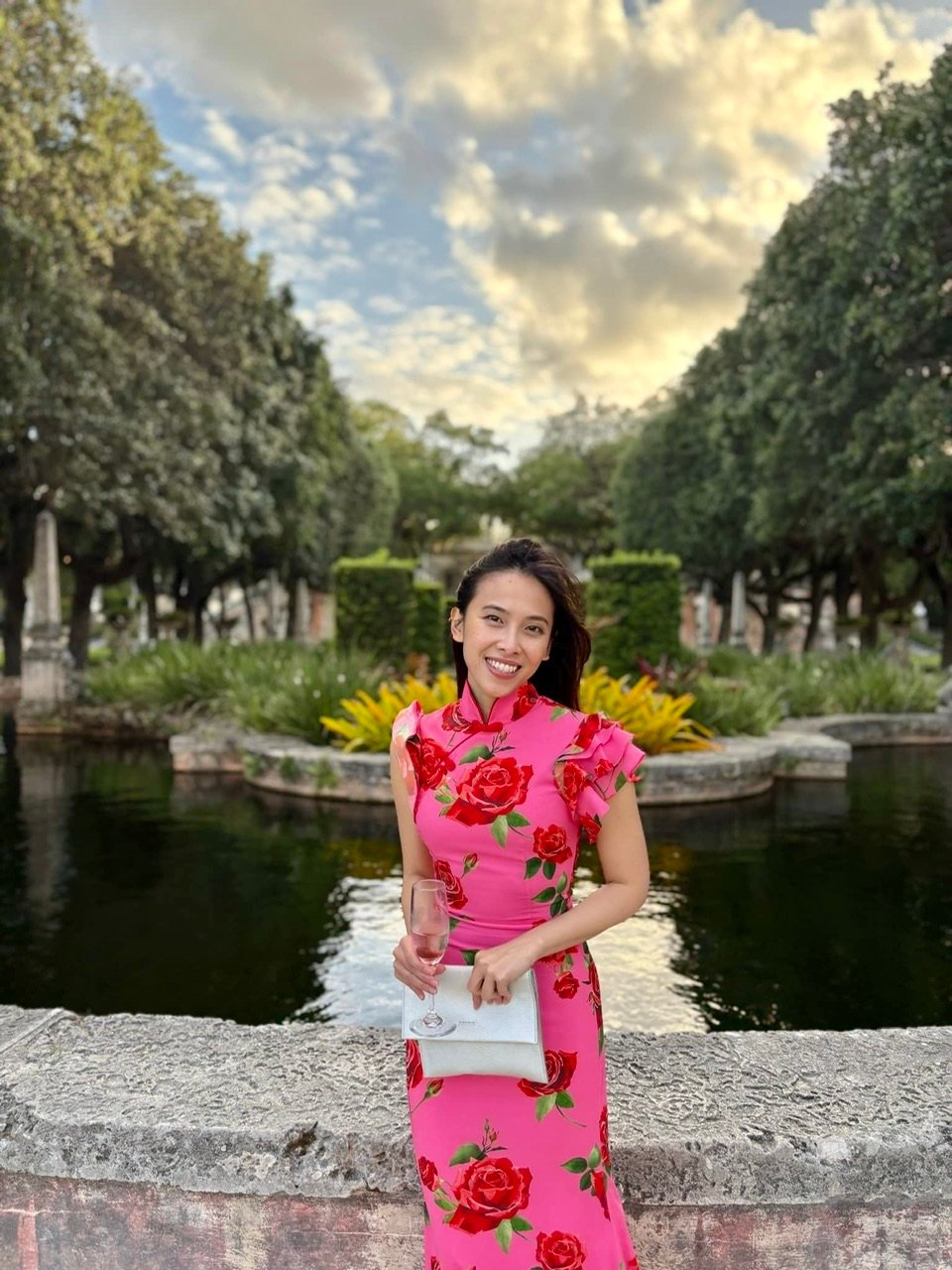
![[Photo] President Luong Cuong awarded the title "Heroic City" to Hai Phong city](https://vphoto.vietnam.vn/thumb/1200x675/vietnam/resource/IMAGE/2025/5/13/d1921aa358994c0f97435a490b3d5065)
![[Photo] President Luong Cuong attends the inauguration of the international container port in Hai Phong](https://vphoto.vietnam.vn/thumb/1200x675/vietnam/resource/IMAGE/2025/5/13/9544c01a03e241fdadb6f9708e1c0b65)
![[Photo] Prime Minister Pham Minh Chinh receives Ambassador of the French Republic to Vietnam Olivier Brochet](https://vphoto.vietnam.vn/thumb/1200x675/vietnam/resource/IMAGE/2025/5/13/f5441496fa4a456abf47c8c747d2fe92)

![[Photo] Many people in Hanoi welcome Buddha's relics to Quan Su Pagoda](https://vphoto.vietnam.vn/thumb/1200x675/vietnam/resource/IMAGE/2025/5/13/3e93a7303e1d4d98b6a65e64be57e870)

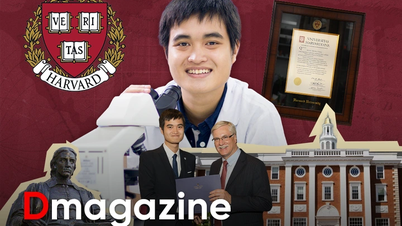
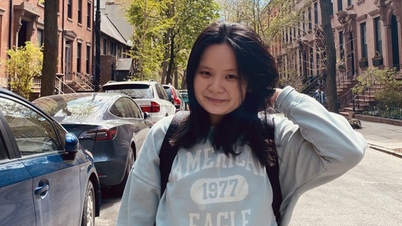








![[Video] Developing Physical Education in Primary Schools in Vietnam](https://vphoto.vietnam.vn/thumb/402x226/vietnam/resource/IMAGE/2025/5/13/781ea31da6c24eaab2162e89e10ddec1)
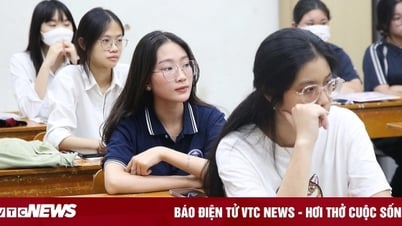
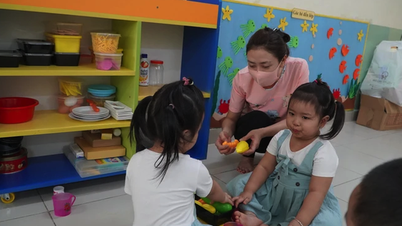














































































Comment (0)